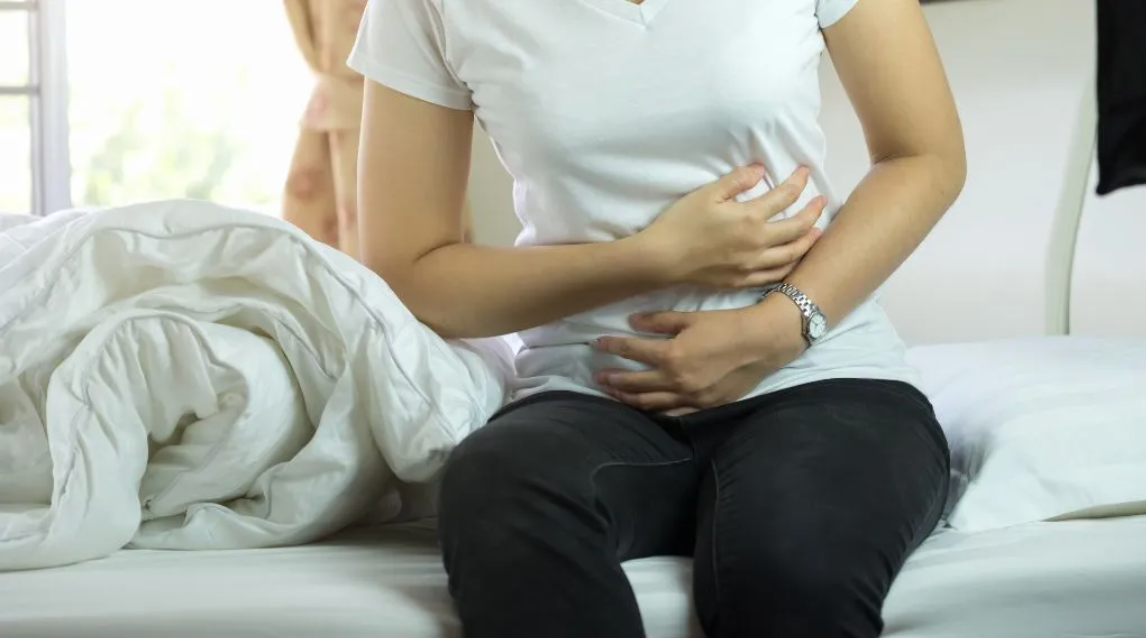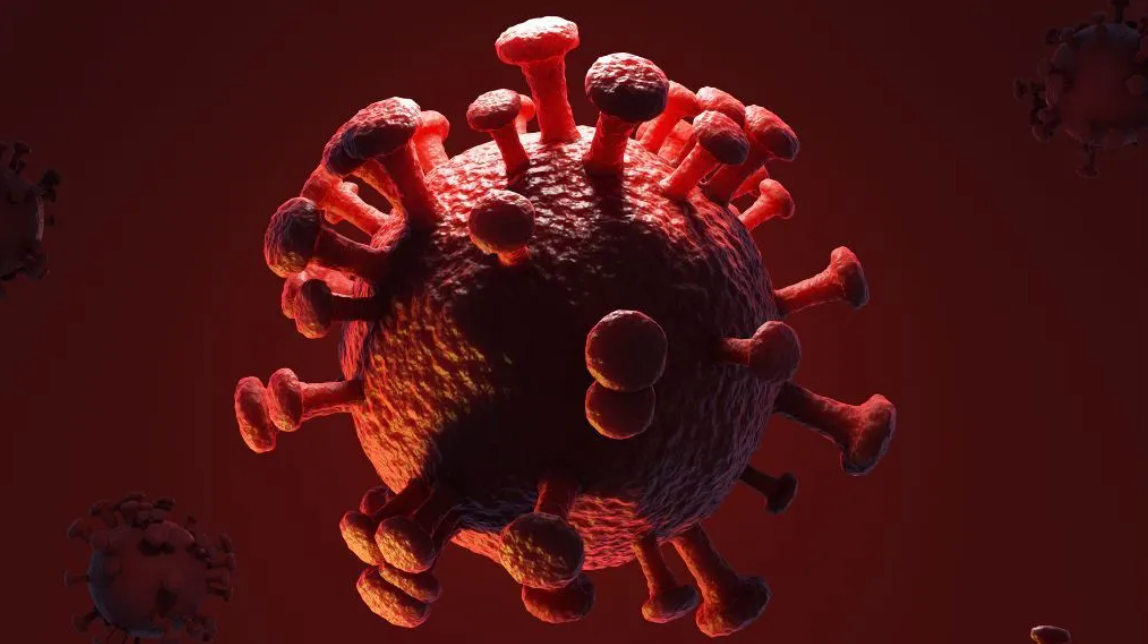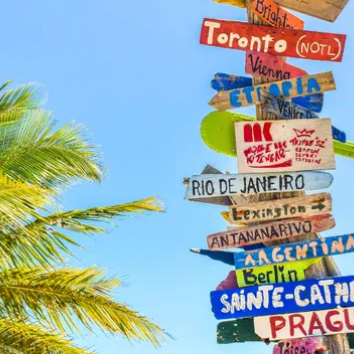

Dealing With Food Poisoning While Traveling
March 2023
Imagine if you’re on a well-deserved vacation when suddenly you’ve got the runs. The culprit is none other than the foodborne illness known as food poisoning. While dangerous, prevention is not outside the realm of possibility provided that you’re mindful of what you eat and drink while abroad.
This guide from our friends at Pacific Prime Singapore will show you how to deal with food poisoning while traveling.

What is Food Poisoning?
Food poisoning is an illness that results from eating or drinking something infected with germs or other contaminants. Common symptoms include an upset stomach, diarrhea, or vomiting, all of which can manifest within hours or weeks of consumption.
Causes of Food Poisoning
The following are types of germs or contaminants that can infect food and drinks:
● Bacteria and Viruses
● Intestinal parasites
● Poisons and toxins
● Mold
Expired food and drinks can also cause food poisoning. Furthermore, food can become susceptible to contamination at any point in time ranging from the farm or the fishery to the table.
Food poisoning can manifest as early as growing and harvesting, catching, processing, storage, and shipping, or during preparation for consumption. Below are common causes for food contamination at home, which will result in food poisoning:
● Not washing your hands: When germs and other contaminants remain on your hands due to improper or no handwashing, food can get contaminated upon touching. This can happen during consumption or preparation and serving.
● Improper kitchenware disinfection: Not disinfecting knives, cutting boards, utensils, cutlery, and other tools can also spread contaminants onto the food.
● Improper storage: Leaving food at room temperature will lead to contamination, while food stored in the refrigerator or freezer for too long or an excessively warm refrigerator or freezer can get spoiled too.
The Symptoms of Food Poisoning
Symptoms can vary depending on the source. Below are some of the common symptoms of food poisoning:
● Upset stomach and diarrhea
● Vomiting
● Stomachache
● Fever
● Headache
Sometimes, food poisoning can also cause some of the following additional symptoms:
● Blurry or double-vision
● Loss of limb movement
● Difficulties swallowing
● Skin tingling or numbness
● Malaise and fatigue
● Voice change

Why is Food Poisoning a Big Risk When You’re Traveling?
Food poisoning is more common abroad due to exposure to pathogens your body never recognized. One example of this is drinking water, as tap water could contain bacteria and parasites your body doesn’t recognize.
Locals can gain tolerance to these pathogens over time, but it doesn’t make them completely immune to the illnesses. For short-term travelers, the duration of their vacation is not enough for their bodies to develop immunity to these foreign pathogens.
Dealing with Food Poisoning
In the event that you end up with food poisoning abroad, there are ways to reduce the discomfort and control your symptoms.
Staying Hydrated
Drink plenty of water or electrolytes to help replace lost fluids as a result of constantly passing stools or vomiting.
Stick to Bland Foods
Switch out the strong sauces in favor of bland foods, as extreme condiments can trigger stomach irritation and cause a stomachache. You can stick to pasta, rice, potatoes, crackers, or plain toast for easy digestion.
Bed Rest
Make sure to get sufficient rest to help your body heal from the food poisoning symptoms.
Medication
You can take Tylenol pills if you have a fever. Imodium, unless necessary, is not recommended by doctors since diarrhea is the body’s way of expelling bodily toxins.
Do your research on the available medication in the country you’re heading, or you can visit the local pharmacy. If you’re unsure of medication choices or if your symptoms worsen, seek medical attention for professional medication immediately.

Before and During the Trip
Before your trip, do your research on health risks and prevention in your destination country. Bring some basic medication for stomach issues and rehydration solutions as well, so you’re prepared for possible symptoms.
During your trip, wash your hands before and after meals, and also pay attention to handling and serving. Eat properly-cooked foods from reputable restaurants or vendors and avoid foods that can trigger stomach irritations if you had stomach issues before.
What Pacific Prime Singapore Can Offer to Expats
Being an international health insurance broker, we offer a range of plans, such as international health insurance, family health insurance, and more. Our team of experts can help match you with the right insurance plan that matches your budget and needs.
If you have any questions, please get in touch with us for impartial advice or a free quote.


